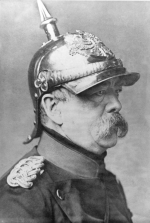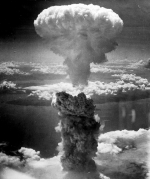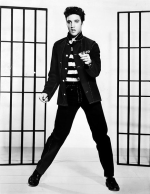FRIDAY, 20 FEBRUARY 2015
Neanderthals
• Neanderthal DNA differs only 0.3% from that of modern humans.
• The first people with proto-Neanderthal traits lived in Eurasia 350,000 to 600,000 years ago.
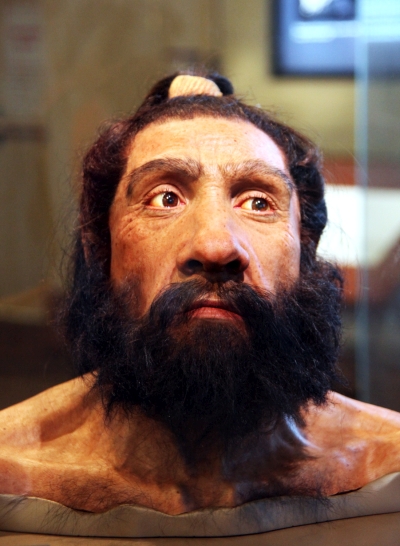
• The first so-called real Neanderthals made their appearance between 200,000 and 250,000 years ago.
• A comprehensive 2014 study of Neanderthal bones and tools have proven that Neanderthals became extinct in Europe between 41,000 and 39,000 years ago.
• This estimate coincides with the start of a very cold period in Europe, and is 5,000 years after Homo sapiens had reached Europe.
• A comparison of the DNA of Neanderthals and Homo sapiens suggests that the two groups separated from a common ancestor between 350,000 and 400,000 years ago. This ancestor was probably Homo heidelbergensis.
• Heidelbergensis developed between 800,000 and 1.3 million years ago and became extinct about 200,000 years ago.
• Heidelbergensis’ habitat ranged over eastern and southern Africa, Europe and West Asia.
• It is believed that the African branch of Heidelbergensis started to develop in the direction of modern humans between 350,000 and 400,000 years ago and the Eurasian branch developed in the direction of the Neanderthals.
Read more on this page: https://en.wikipedia.org/wiki/Neanderthal
Cro-Magnon
• According to radiocarbon dating the earliest known remains of Cro-Magnon-like people are between 43,000 and 45,000 years old.
• The Cro-Magnon people are regarded as the ancestors of modern Europeans.
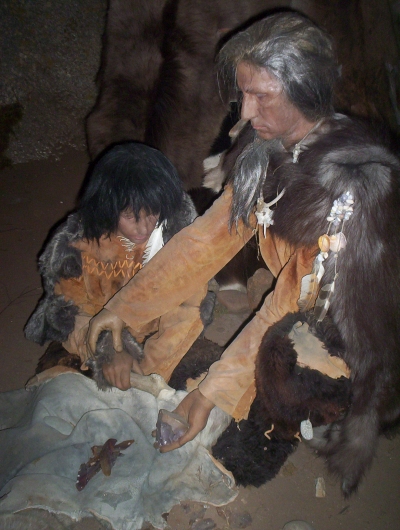
• There are indications that some Cro-Magnon people had blue eyes and dark hair, and a “black” complexion.
• It is estimated that anatomically modern humans made their first appearance in East Africa 100,000 to 200,000 years ago.
• According to one theory an exodus from Africa through the Arabian Peninsula about 60,000 years ago brought modern humans to Eurasia, with one group settling in the coastal areas around the Indian Ocean and the other group moving further north into Central Asia.
• The inland group is regarded as the founders of North and East Asians, Caucasians, large parts of Middle Eastern populations, and the populations of North Africa.
• Migration from the Black Sea region to Europe began about 45,000 years ago, and by about 20,000 years ago modern humans had reached the western edge of Europe.
• Cro-Magnon people shared the European landscape with Neanderthals for 10,000 years or more, until the latter disappeared from the fossil record.
• There is uncertainty about the relationship between Neanderthals and Cro-Magnon people, and about the disappearance or destruction of the former. Theories include peaceful coexistence, competition, interbreeding, assimilation and genocide.
Read more on this page: https://en.wikipedia.org/wiki/Cro-Magnon
______________________
